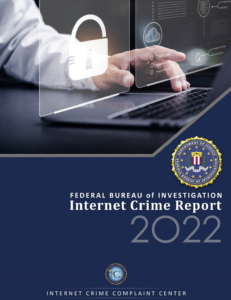Ongoing Campaign Hijacking 3CXDesktopApp to Deliver Infostealer
Context On March 29, 2023, multiple cybersecurity firms began reporting that 3CXDesktopApp, a Voice Over Internet Protocol (VOIP) Private Automatic Branch Exchange (PABX) enterprise call routing software, is currently compromised in a supply chain attack. Multiple investigations have reported that an unknown threat actor has trojanized installers for 3CXDesktopApp, to install an information stealing malware….
Read More



